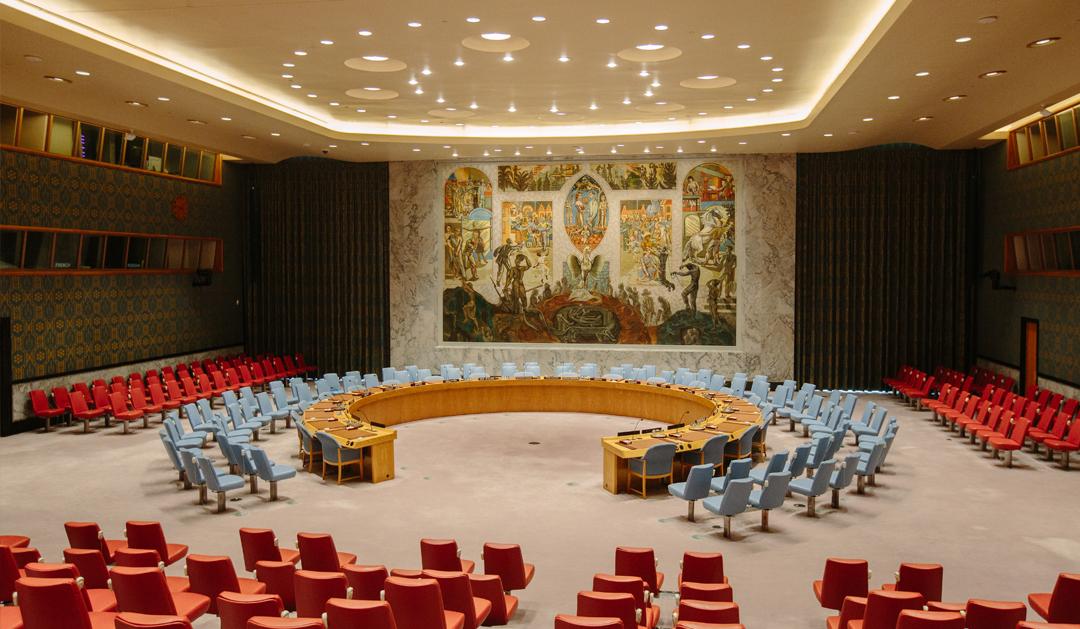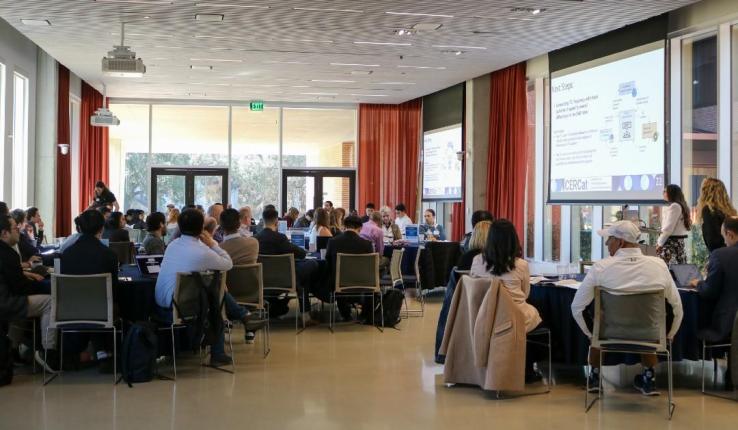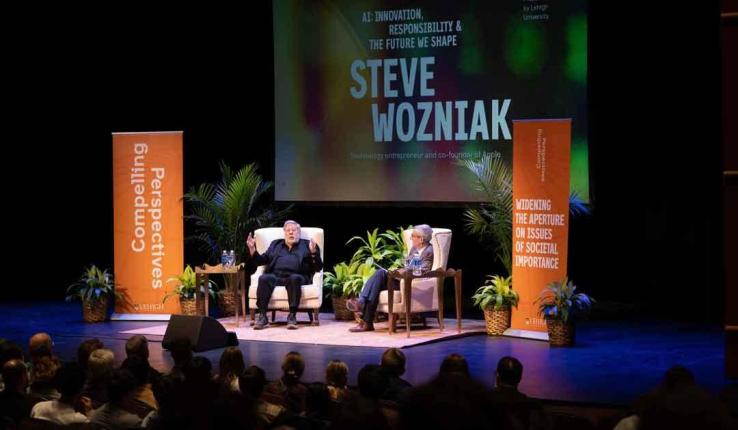“Lehigh has successfully waded through the diplomatic waters and come out as one of the leading civil society organizations in the world,” said Felipe Queipo, programme management and communications officer for the U.N. Civil Society & Advocacy Section Outreach Division Department of Global Communications.
Additional new privileges include the ability to submit written statements prior to sessions; make oral statements at U.N. headquarters; organize and attend parallel events that take place during the session; participate in debates, interactive dialogues, panel discussions and informal meetings; and contribute to the Forums’ outcomes documentation to influence global policy and cooperation.
Students can also attend the U.N.'s climate change conference, a yearly gathering that serves as the primary forum for global negotiations to address climate change.
“Every university in the world teaches about the U.N., but Lehigh has fully integrated the U.N. into an almost quasi-classroom through our NGO status. This relationship is the ultimate example of theory to practice,” explained Hunter, who has led the program since its inception.
Building on a 20-Year Relationship
Twenty years ago, Lehigh became the sixth university to ever attain an NGO accreditation at the U.N. NGOs are non-profit, voluntary groups that work on a wide range of issues, such as human rights, environmental protection, social development and humanitarian assistance. NGO accreditation provides access to U.N. conferences, high-level briefings and private meetings with ambassadors and other U.N. officials in New York City and on campus.
Since the beginning of the Lehigh University/United Nations Partnership, 23,000 faculty, staff and students have visited the U.N., and more than 150 students have served as Youth Representatives, meeting with global decision-makers, participating in international conferences and moderating briefings broadcast worldwide. Additionally, 61 students and alumni have been U.N. interns in roles as diverse as speechwriter, equatorial sustainability advocate, UNESCO policy analyst, program designer and water resource analyst.
There have been many highlights over the life of the partnership, including:
- the Lehigh University Philharmonic Orchestra performed for U.N. General Secretary Kofi Annan and a large audience of government officers and representatives from 124 countries during the 58th Annual DPI/NGO U.N. Conference in 2005;
- students attended a U.N. presentation in 2014 by Malala Yousafzai, the Pakistani education activist and Nobel Peace Prize laureate who gained international recognition after surviving an assassination attempt by the Taliban; and
- in 2021, Lehigh hosted America’s first Model International Labour Organization (ILO) Conference, hosting students from as far as Belgium, Chile, Ecuador and Turkey to create a consensus outcome document designed to combat child labor.
Reflecting on the future of the partnership with the expansion to ECOSOC NGO special consultative status, Hunter said, “We are looking forward to an even more meaningful relationship in which faculty can more deeply entrench the U.N. into their curriculum, present their research on a global stage and respond to major U.N. dilemmas and serve in a senior capacity on U.N. committees. We're at the point now where we can pretty much guarantee every faculty member and student the opportunity for a significant, tangible experience at the U.N. Very few universities in the world can say that.”
Story by Katelyn Silva






